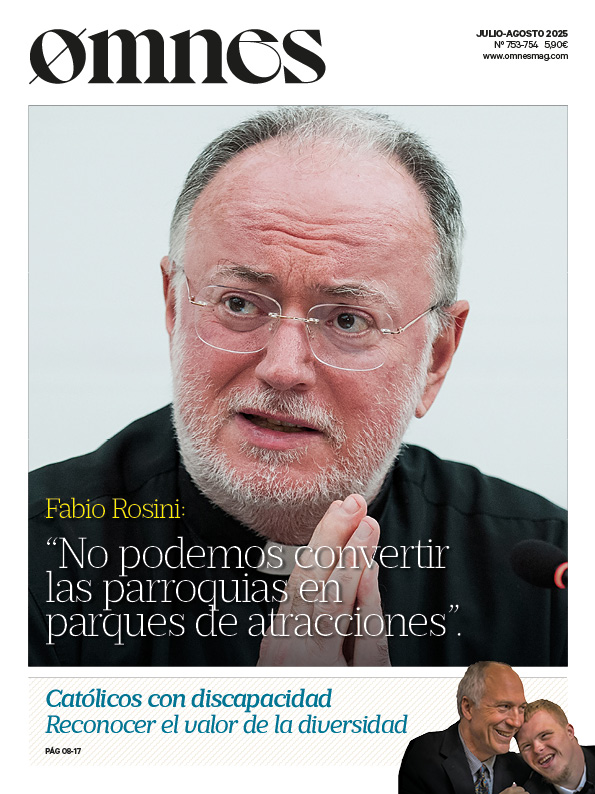Since last March 19, the digital debate has dominated the conversations between parents and teachers, when the Community of Madrid announced that next school year, 2025/26, it will be the first in Spain to eliminate the individual use of digital devices in the schools of Infant and Primary Education, without violating the acquisition of digital competences. The controversy arises because it has not been previously debated and it is an intrusive measure, as it infringes on the freedom and autonomy of public and private schools.
The draft decree has not been widely debated beforehand and affects very different aspects of the educational model of each school, which makes it difficult to know exactly its detailed purpose, whether it tackles the problem of the abuse of technologywhether it improves academic performance, mental health or what. In any case, Catherine L'Ecuyer, Diego Hidalgo, María Salmerón and Darío Villanueva agree with reversing digital abuse and in "The necessary technological de-escalation of classrooms", as the headline of El Mundo said in a joint article, as they see several reasons such as content cracks, pure modernity, attention deficit, lower academic performance, privacy, excessive digital competence, teacher relegation and economy, to minimize its use.
Lurihighlighting other aspects, says in ABC: "The debate about new technologies should not be approached in terms of academic performance, but rather by asking ourselves whether we want to be a digitally competent society or not. If the answer is yes, we must educate our students in the digital world from the very beginning. Undoubtedly, this entails new challenges and difficulties, but facing reality means managing the problems it presents us with and not avoiding them". The question therefore has a clear answer for him: technology must be used at school. Moreover, he sees the problem of technology abuse more as a problem at home: "The excessive time spent by an adolescent on social networks and without going out into the street to socialize is a family problem, yes, but not a school problem".
This has not prevented it from being well received by parents, as part of the solution to their problems, and by teachers, who have not put up much of a fuss either, but rather have seen it as a help in their educational task. On the other hand, the employers' associations of the subsidized education system are not so happy because perhaps the decision should have been taken differently, since it affects their decision-making capacity and their strategic plan. In any case, it is a good time to reflect and look for points of improvement on the part of parents and teachers. Because education has a lot of room for improvement, and it will shape the future of our society.








